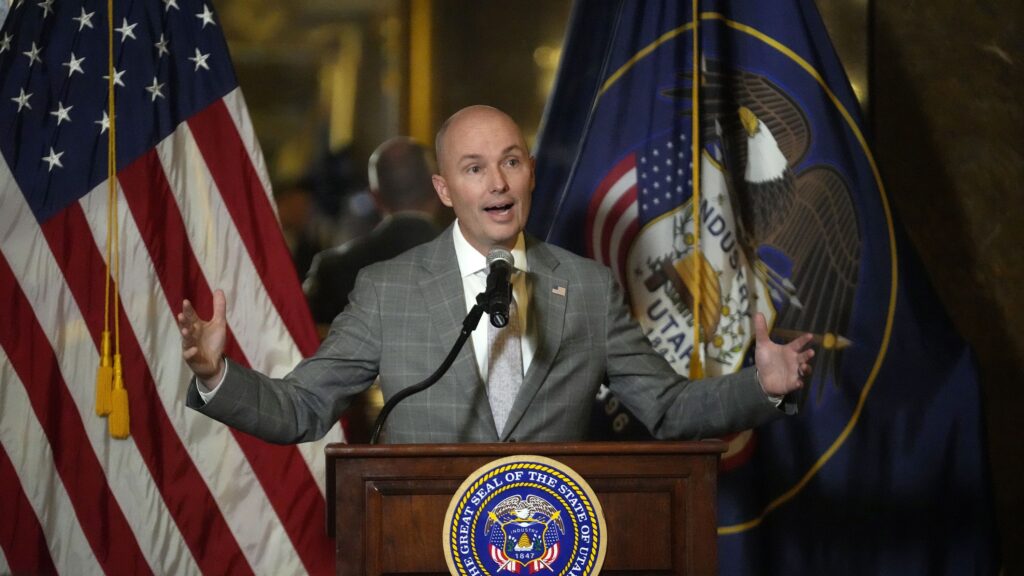SLOAN | Can we hold Russia accountable?


It is one thing to recognize, with due anger and revulsion, the horrors being committed by the Russian military in Ukraine as war crimes. It is another question entirely of what to do about it.
The scenes emerging from Ukraine are testament to the evils mankind is capable of inflicting, and also indicative of a deliberate strategy. The widespread nature of the atrocities argues against the notion that they are the actions of rogue elements within the Russian army. Instead, they strongly suggest that either, one, Russian officers have lost control over their commands and military discipline has eroded to anarchic levels, or, two, that the systematic mass killings, executions, torture and rape are part of a deliberate program of organized terror employed where battlefield competency has clearly failed. In either case, Russian leadership is entirely to blame.
Historically, there is no lack of precedent for such sickening activity. Just thirty years ago, nearby on the same continent, Serbian forces under Slobodan Milosevic used the same tactics against Croats and Bosnians. That was the war where the term “ethnic cleansing” was coined, mass graves were commonplace and rape was employed as an instrument of policy – a weapon deployed by commanders against civilians just as they might decide to rain artillery down on a neighborhood. It is worth noting that the Serbian military, which had been the Yugoslav military a few years prior, was trained, organized and equipped the same as their Soviet-Russian masters.
It is undeniable that Russian leaders, all the way up to Vladimir Putin, are guilty of war crimes, even beyond the initial one of unprovoked aggression. Western leaders, including President Joe Biden, are entirely correct to express outrage for these acts, and simultaneously correct in calling for war-crime trials.
The cold analysis which ought to follow outrage reveals that the issue is a little more complicated. The first and most obvious question is who will hold these trials?
Well, the State Department is reportedly conducting an investigation, and is assisting the Ukrainian prosecutor general’s war crimes unit in collecting and preserving evidence. But the State Department has no prosecutorial authority. That is the purview of the Justice Department, and its hands are tied by the simple fact that the United States is not a combatant in the conflict. That same datum prevents the EU from doing much more, from a legal standpoint, than offering its own investigative support to the Ukrainians.
The UN is even more impotent than it normally is in this instance due to the fact that Russia has a permanent seat on the Security Council, meaning a permanent veto over any action; as does Russia’s new best friend China.
The obvious place to go for a tribunal is the International Criminal Court, but this option too presents difficulties. The first is, again, one of jurisdiction; neither the United States nor Russia – nor Ukraine, for that matter – is a party to the 1998 Rome Treaty which established the ICC in 2002. Ukraine did, however, send a letter to the ICC back in 2014 – when Russia attacked Crimea – saying that it recognized the authority of the ICC. Is that enough to establish international legal standing? Since the crimes in question are occurring on Ukrainian soil, that would seem to suggest that jurisdictional requirements have been met, though plenty of other technical legal questions remain.
There is also, of course, the issue of the ICC’s legitimacy in any case. President George W. Bush refused to submit the U.S. to the ICC on the grounds that it was unaccountable, ineffective, likely hostile to the U.S., and absolutely contrary to the principles which undergird the concept of rule of law. International law is a murky area which is increasingly made by rhetoric at conferences rather than by any system that emits any hint of legitimacy, and the ICC is especially prone to expressions of jurisprudential exhibitionism by those with an axe to grind against the U.S. The occurrence of actual war crimes by Russia in Ukraine do not dilute the structural problems of the ICC.
All of which assumes that the offending Russian generals would ever find themselves manacled in the defendant’s booth in the first place, which is not a trivial obstacle.
But the architects of Russia’s barbarity do need to be brought to justice, and to face consequences. The West needs to figure out how to do this, properly and effectively; and in the meantime, do all that is necessary to help Ukraine survive – even, God willing, win.
Kelly Sloan is a political and public affairs consultant and a recovering journalist based in Denver.












